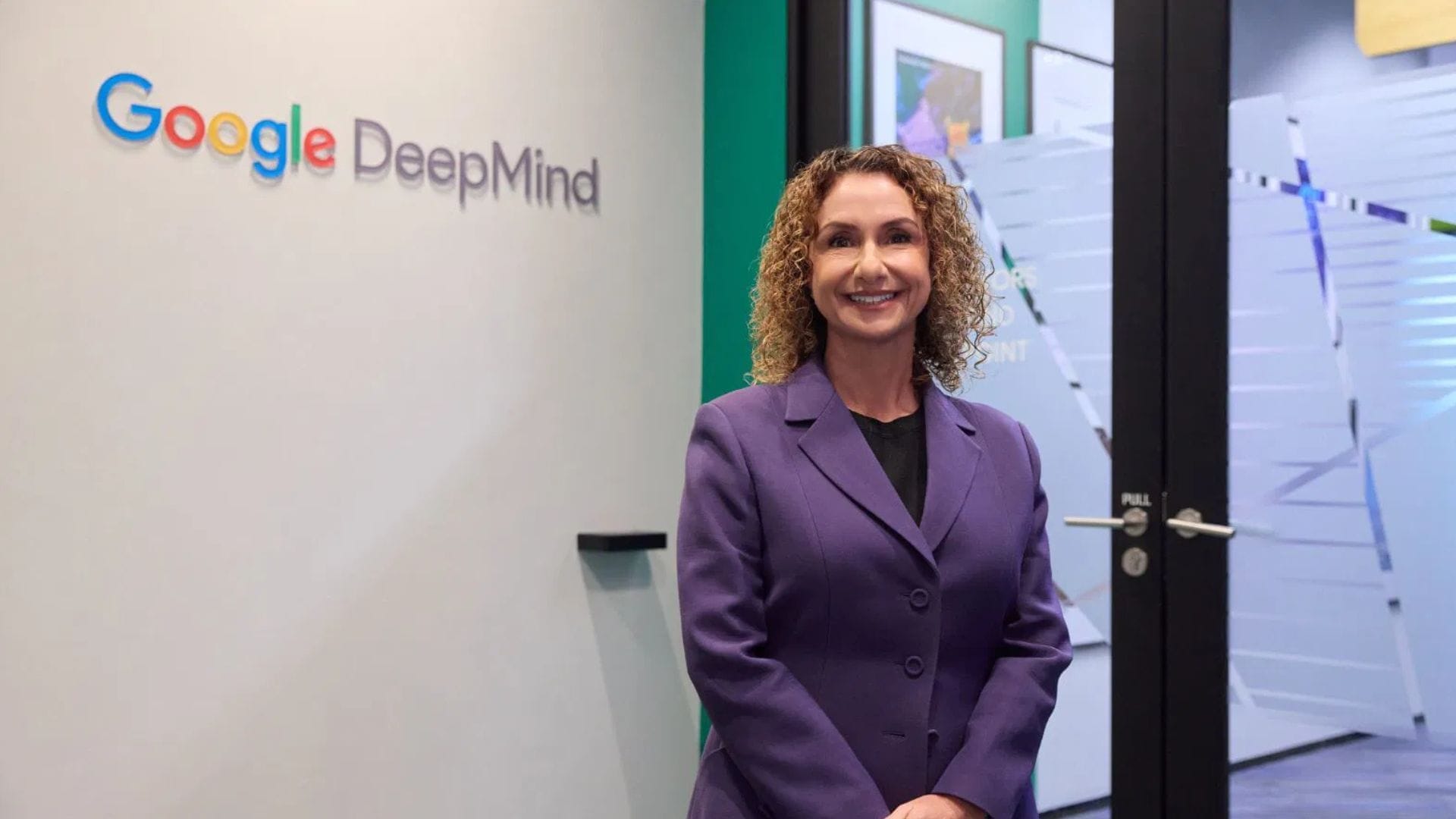Google DeepMind opens new AI research lab in Singapore to strengthen regional language capabilities
Google DeepMind opens a new AI lab in Singapore to boost regional language understanding, research partnerships, and real-world innovation.

Google DeepMind has opened a new artificial intelligence research lab in Singapore to enhance its work on regional languages, cultural understanding and advanced reasoning in its Gemini AI model. The initiative aims to deepen the organisation’s research presence in Southeast Asia while supporting global projects in fields such as energy, healthcare and climate.
Table Of Content
Strengthening research on regional languages
The new lab will work closely with local agencies and academic institutions to advance AI models that better understand Southeast Asian languages and the cultural nuances that shape communication across the region. Google DeepMind’s chief operating officer, Lila Ibrahim, said during a media event at the company’s Pasir Panjang office on 19 November that Singapore was chosen for its strong commitment to innovation and long-term digital growth. The lab will be based within the same office.
Ms Ibrahim emphasised the need for collaboration that supports both near-term progress and long-term goals. “We need a partnership that helps us balance both long-term and short-term goals,” she said. “It’s not just about how to focus on elite applications of AI, but also how to make it generally available, and making sure that we’re not leaving people behind in this transformative technology.”
Originally founded in London in 2010 and acquired by Google in 2014, DeepMind has focused on building AI responsibly for the benefit of humanity. Among its notable achievements is AlphaFold, launched in 2020, which can accurately predict 3D models of protein structures. The technology has already contributed to major scientific progress, including a breakthrough by Singapore’s National Neuroscience Institute and A*STAR in understanding Parkinson’s disease.
Google DeepMind’s local partnerships have been increasing. Earlier this year, the organisation joined forces with AI Singapore on Project Aquarium, a platform designed to gather data on Southeast Asian languages. This work supports Sea-Lion, Singapore’s home-grown AI model that recognises 13 regional languages, including Malay, Tamil, Thai and Vietnamese.
Ms Yolyn Ang, vice-president of Google’s knowledge and information partnerships team in the Asia-Pacific, said localising AI models is essential to better public adoption. She explained that people need to interact with AI “in the right context and tone”, especially in a region with many linguistic and grammatical nuances. “Does it sound too formal? Does it sound like a textbook, or like a friend? Being able to tune it appropriately really changes how people can adapt (to AI),” she said. This adaptability also supports advances in healthcare and education.
Ms Ibrahim added that improving AI understanding extends beyond text and speech to include culturally relevant visual cues, which are important for building models that respond naturally in different social contexts.
Expanding presence in the Asia-Pacific region
Google DeepMind has more than doubled its investments in the Asia-Pacific region over the past year. The new Singapore lab follows recent openings in Japan and India and adds to the growing number of global tech firms expanding AI research in the country. Microsoft and Alibaba Cloud are among the organisations that have already established research facilities in Singapore.
The Singapore lab will hire research scientists, software engineers and operations specialists to work with governments, businesses, civil society and leading academic institutions. Ms Ibrahim did not disclose hiring numbers but confirmed that recruitment has already begun. As early as September, job postings appeared on Google’s website for roles such as operations manager, engineering lead and research scientist. One listing for a foundational research scientist lead sought a candidate with experience in building responsible AI and developing new tools, infrastructure and algorithms.
Turning research into real-world impact
Ms Ibrahim said strong partnerships with the Government and industry are essential to ensure that research leads to practical solutions. She highlighted Google DeepMind’s collaboration with the National Hurricane Centre in the United States, where the team helped predict the path of Hurricane Melissa. The company recently released WeatherNext 2, its latest weather prediction model, which can forecast weather patterns up to two weeks in advance. Such advances, she noted, could significantly support crisis management efforts worldwide.
AI Singapore’s head of partnerships in strategy and growth, Mark Pereira, said Google DeepMind’s presence will help ensure more research reaches real-world applications. “When it comes to the research industry, a lot of research projects just tend to be left on the shelf and don’t really see true use,” he said. The partnership aims to bring AI technology to the wider public while supporting responsible governance of AI systems.
Mr Pereira added that the Government will now be able to draw from a global perspective when shaping AI regulations. “We’ve been speaking closely with the Google team to understand what’s good for Singapore and Southeast Asia,” he said. “Having all these different lenses helps to frame what’s the best way we can build a truly safe and ethical AI, a large-language model that’s representative of us in Singapore.”
















